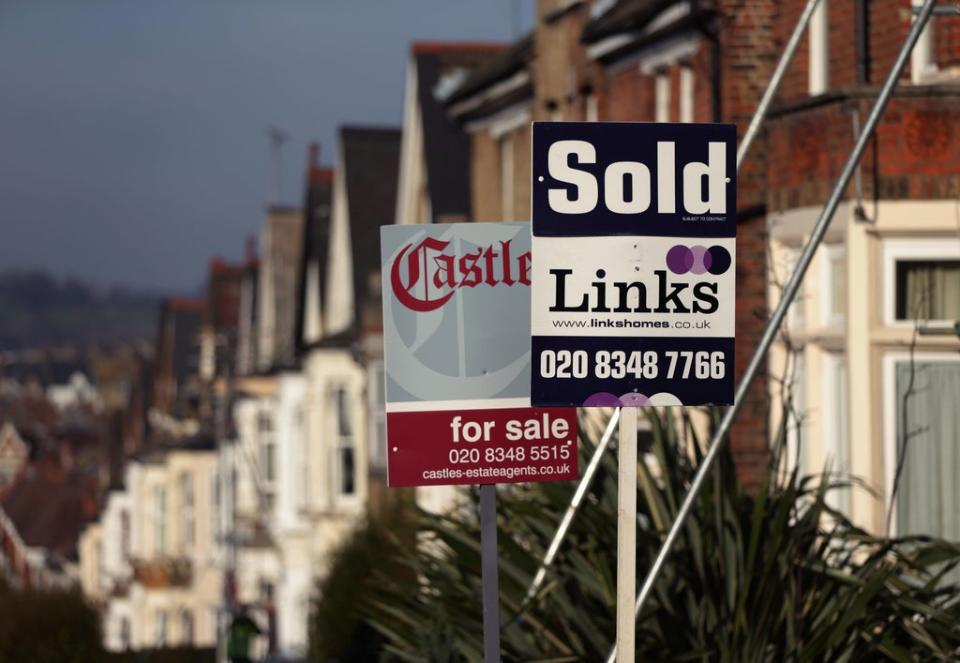Halifax: London house price growth lags rest of UK due to ‘race for space’

London’s property market is lagging behind the rest of the UK as house hunters search for more space, Halifax said today.
House price growth in the capital is running at an anemic 0.8%, Halifax said, compared to 8.1% across the UK as a whole. London’s reading was the lowest annual house price growth since February 2020, when the pandemic was first sweeping the nation.
Halifax’s Russell Galley said the so-called ‘race for space’ was to blame, “with buyers seeking larger properties, often further from urban centres.”
Tomer Aboody, director of property lender MT Finance, said: “With buyer sentiment continuing to focus on increased space, buyers are moving quickly and offering record prices on homes, particularly detached houses with gardens.”
While price growth is weaker in the capital, average prices still remain far higher. Halifax said the average home in London cost £514,907 in October, compared to £270,027 across the UK.
Galley said: “With the Bank of England expected to react to building inflation risks by raising rates as soon as next month, and further such rises predicted over the next 12 months, we do expect house buying demand to cool in the months ahead as borrowing costs increase.
”That said, borrowing costs will still be low by historical standards, and raising a deposit is likely to remain the primary obstacle for many. The impact on property prices may also be tempered by the continued limited supply of properties available on the market.”
Property portal Zoopla warned earlier this year that the UK was facing the worst shortage of new home listings since 2015.
Aboody said: “More supply is needed in order to manage the price increases and keep them in check. Removing or reducing down-sizers stamp duty, to allow more homes to come on the market, could be one solution the government should consider.”
Read More
Nationwide: Average UK house price passes quarter of a million pounds for first time ever
Budget 2021: No hit to housebuilder shares on Rishi Sunak’s property developer tax latest
House prices surge 10% as Bank of England ponders interest rate rise

 Yahoo Finance
Yahoo Finance 